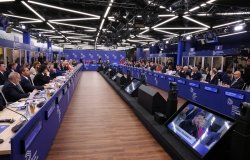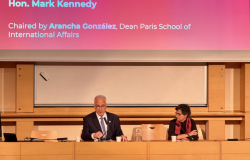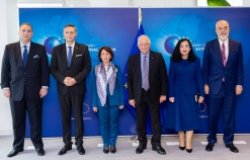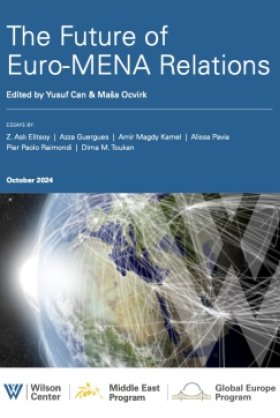Policy Brief VI: Setting an Agenda for Transatlantic Cooperation
According to U.S. and EU officials, transatlantic coordination, communication and cooperation is excellent, and has improved substantially over the last few years. Meetings between the EU, U.S. State Department and OSCE officials occur regularly and conversations happen on a daily basis. The most important elements of the policy toward the Western Balkans are EU led and U.S. supported. This cooperation was most apparent in the Serbia-Kosovo negotiations that were restarted this year. The U.S. has joined the EU on policies dealing with specific issues, such as women’s empowerment, economic development and housing for refugees and internally displaced people. The overall policy of Euroatlantic integration is openly supported not only in Washington and Brussels, but also by civil society: opinion polls consistently reveal that EU accession is what the people of the region want.
The full document can be downloaded from the link below.
Related Program

Global Europe Program
The Global Europe Program is focused on Europe’s capabilities, and how it engages on critical global issues. We investigate European approaches to critical global issues. We examine Europe’s relations with Russia and Eurasia, China and the Indo-Pacific, the Middle East and Africa. Our initiatives include “Ukraine in Europe” – an examination of what it will take to make Ukraine’s European future a reality. But we also examine the role of NATO, the European Union and the OSCE, Europe’s energy security, transatlantic trade disputes, and challenges to democracy. The Global Europe Program’s staff, scholars-in-residence, and Global Fellows participate in seminars, policy study groups, and international conferences to provide analytical recommendations to policy makers and the media. Read more











